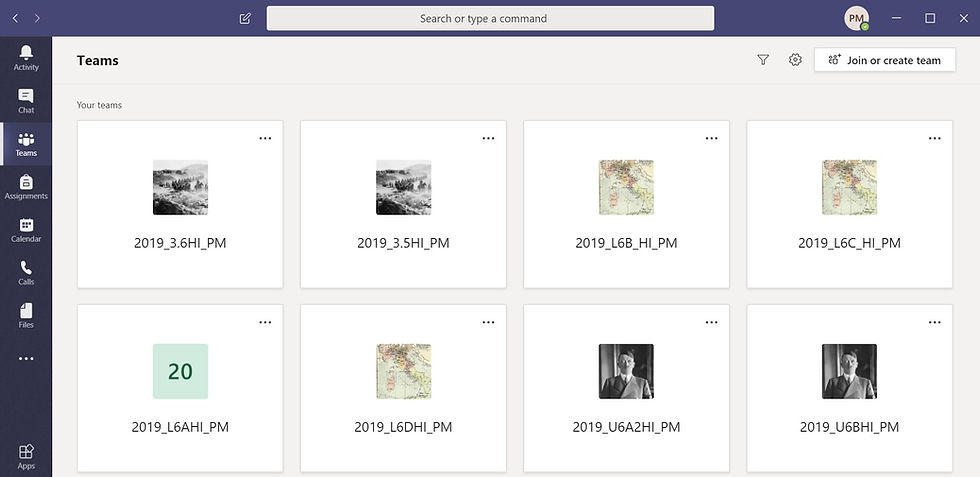A breakdown of...marking
- Teacher Breakdown

- Mar 29, 2019
- 4 min read
"So I write a response on a piece of work, then wait for the student to respond, then respond to their response, then..."

Green pen, red pen, purple pen, no pen? Just marks, no marks, marks and comments, just comments, long comments, short comments?
Please stop.
Marking has got out of control and we have lost sight of what is important. Teachers up and down the country have been forced to stock up on unnecessary pens and stickers as SLTs get swept up with the fad diets of the teaching world. Not only that, but just like their chicken and broccoli counterpart, they bring only headaches, stomach pains, and constant trips to the bathroom. Only this time, its the sound of tears you can hear, rather than the flushing of toilets...
Now I should start off by saying that I have not been prone to follow a fad or two. Ultimately, part of being a new teacher is navigating the minefield that is marking and I have not always possessed the poise of Princes Di circa 1997. I have had green pens coming out of my ears, written comments that are longer than the actual answers and I have the shoulders of an ox from lugging exercise books home each night. But this year, after five years of teaching, I have decided that enough is enough. The marking revolution has begun and I want to encourage as many new teachers to be the Lenin of their school.*
*1917 Lenin, rather than the '1920s, psychotic dictator' Lenin...
First of all, lets take a look at the research surrounding marking to figure out the redundant, Tsarist policies that should be abolished right away. I would that recommend everyone, not just new teachers, to read A Marked Improvement? from the Education Endowment Foundation; this is ultimately the April Theses that will support your revolution. This easy-to-read report is a summary of existing research surrounding marking - they have done the hard work, so we don't have to. While it may not be as punchy as 'Peace, Bread, Land', the report puts forward some useful ideas that will certainly gather the crowds as you stand on your burnt-out car in the playground:
• Teachers should not just be asking students questions for every little mistake they make --> "Do you think this is the right century for this event?" - Clearly, an A-Level student doesn't believe that the Great Fire of London was in 1966, so just correct any silly errors. Leave the questions for misunderstandings or omissions.
• Teachers should not award grades for each piece of work --> Departments using a 1-9 grading system for a Year 7 poster on the feudal system. Why? Just...why...? Not only are the marks/grades completely arbitrary, but students just look at the number rather than any feedback. Instead, just give grades for 'big' pieces of work (summarise assessments), where there is a clear mark scheme - for everything else, a comment is far more effective.
• Time should be set aside in class for pupils to reflect on (and improve) marked work --> Providing students with five/ten minutes at the start of the class to improve on their work and reflect on the targets you have given, is far more effective than the five/ten minutes you will spend writing your version of War and Peace at the end of their work. This is perhaps taking us away from marking and into feedback (which will be covered in a later post), but ultimately 'feedback should be more work for the recipient than the donor'.
Why not also try methods of self-marking and peer marking? I have certainly found a real benefit in teaching students how to interpret and understand GCSE/A-Level mark schemes; if they can spot it in another essay, they can write it in theirs! Not only will this improve pupil metacognition, but it will also reduce the workload of marking significantly.
How about digital quizzes as well? This year, as a History department we have tried to move away from endless essay writing - the kids hate it and we end up setting the same tasks ('What was the most important cause/consequence of ____________'). Instead, we have started to set homework and assessments on Google Forms, which can be turned into quizzes to test student knowledge. These are not only automatically-marked, but pupils obviously prefer using their phones to complete a piece of homework ("This homework is about the past, but it's the homework of the future..." *Mind blown*) Just be careful about GDPR here, as a lot of schools are funny about having pupil data stored on Google. I was recently hung, drawn and quartered by our DPO when they found out and had to switch to anonymous quizzes instead.
Obviously, as an early-career teacher, it is incredibly difficult to stand up to your department and SLT when it comes to marking policies, so pick your battles. It may be a case of just 'adapting' the current policy, rather than overhauling it completely. This didn't really work out for the abortive revolution of 1905, but I am sure it could bear fruit for many of you. Now, all that is left is to think about what you could do with the hours of time that have been freed up. Maybe you could read up on Lenin, so that this blog actually makes some sense...





Comments